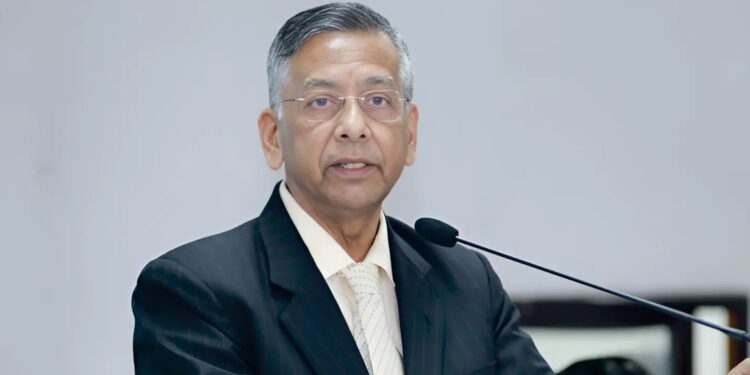Attorney General R. Venkataramani recently asserted that the Arbitration Bar of India is set to become a global trendsetter, with India leading the way in the international arbitration landscape. During a significant address at an event hosted by the JSA law firm, Venkataramani stressed the importance of expanding institutional arbitration globally, highlighting that a well-organized, global arbitration bar could make a profound difference. India, he said, has the potential to guide and influence the development of arbitration practices worldwide.
Speaking on the theme *”Institutional Arbitration in India, What Does the Future Hold?”*Venkataramani also announced that a white paper outlining India’s contribution to global arbitration would be published by February 2025. This document will delve into how India can strengthen its role in the global arbitration arena, marking a pivotal step toward enhancing India’s arbitration framework.
The Attorney General called for more dialogue and discussion among legal professionals to understand how the nation can shape the future of arbitration. He emphasized that India’s growing legal infrastructure and burgeoning economy present a unique opportunity for the country to take a leadership position.
Following Venkataramani’s address, the event featured a panel discussion moderated by Amar Gupta, Partner at JSA. The panel included key figures such as Claudia Salomon, President of the ICC International Court of Arbitration (ICA); Senior Advocate Ritin Rai; Naresh Arora, VP of Legal Operations at ATC; and Swee Yen Koh, Senior Counsel and Partner at Wong Partnership.
Salomon acknowledged India’s central role in the future of ICC arbitration, citing the country’s rapidly expanding economy and increasing foreign investments. She pointed out that despite the preference for ICC arbitration in cross-border disputes, it has also become the arbitration method of choice even for domestic Indian cases, with ICC operating in more than 120 cities globally.
Ritin Rai discussed the need for reform in India’s Arbitration and Conciliation Act of 1996, particularly with regard to institutional arbitration. He noted that while institutional arbitration provides clarity on arbitrators, costs, and timelines, it has not been adequately recognized under the current legislation. Rai suggested that outdated perceptions of institutional arbitration being more expensive and less flexible than ad-hoc arbitration persist. However, he acknowledged that the government’s recent draft bill aims to address these issues, especially with regard to emergency arbitration.
Swee Yen Koh and Naresh Arora highlighted the advantages of institutional arbitration, particularly its efficiency and cost-effectiveness. They pointed out that institutional arbitration provides clearer procedures and faster dispute resolution, which ultimately benefits all parties involved.
Former Supreme Court Justices (retd) AK Sikri and Ajay Rastogi also shared their insights. Justice Sikri emphasized that ad-hoc arbitration often leads to delays due to the time-consuming process of appointing a tribunal. He argued that institutional arbitration offers better efficiency, with established rules and procedural checks. Justice Rastogi agreed, emphasizing the superior structure of institutional arbitration, and suggested limiting the number of cases an arbitrator can handle at once to ensure more effective case management. He also recommended the creation of oversight committees to monitor decisions made by officials in arbitration or litigation, which would streamline dispute resolution processes.
The event concluded with Attorney General Venkataramani presenting a special recognition to Claudia Salomon, honouring her as the first woman to serve as President of the ICC International Court of Arbitration in its 100-year history, marking a historic milestone for the global arbitration community.

















